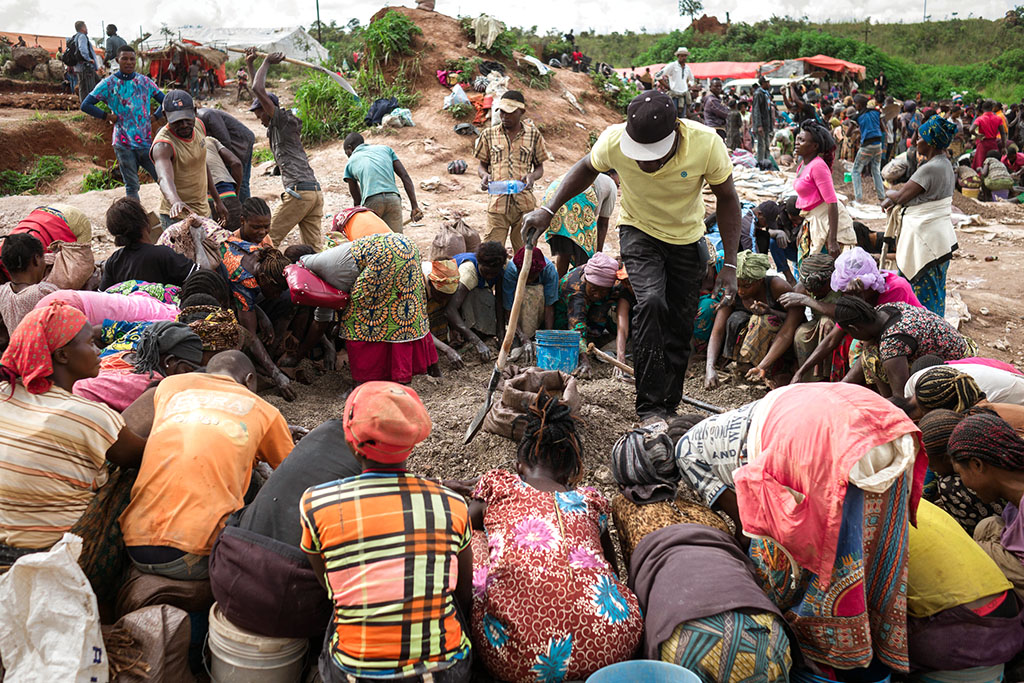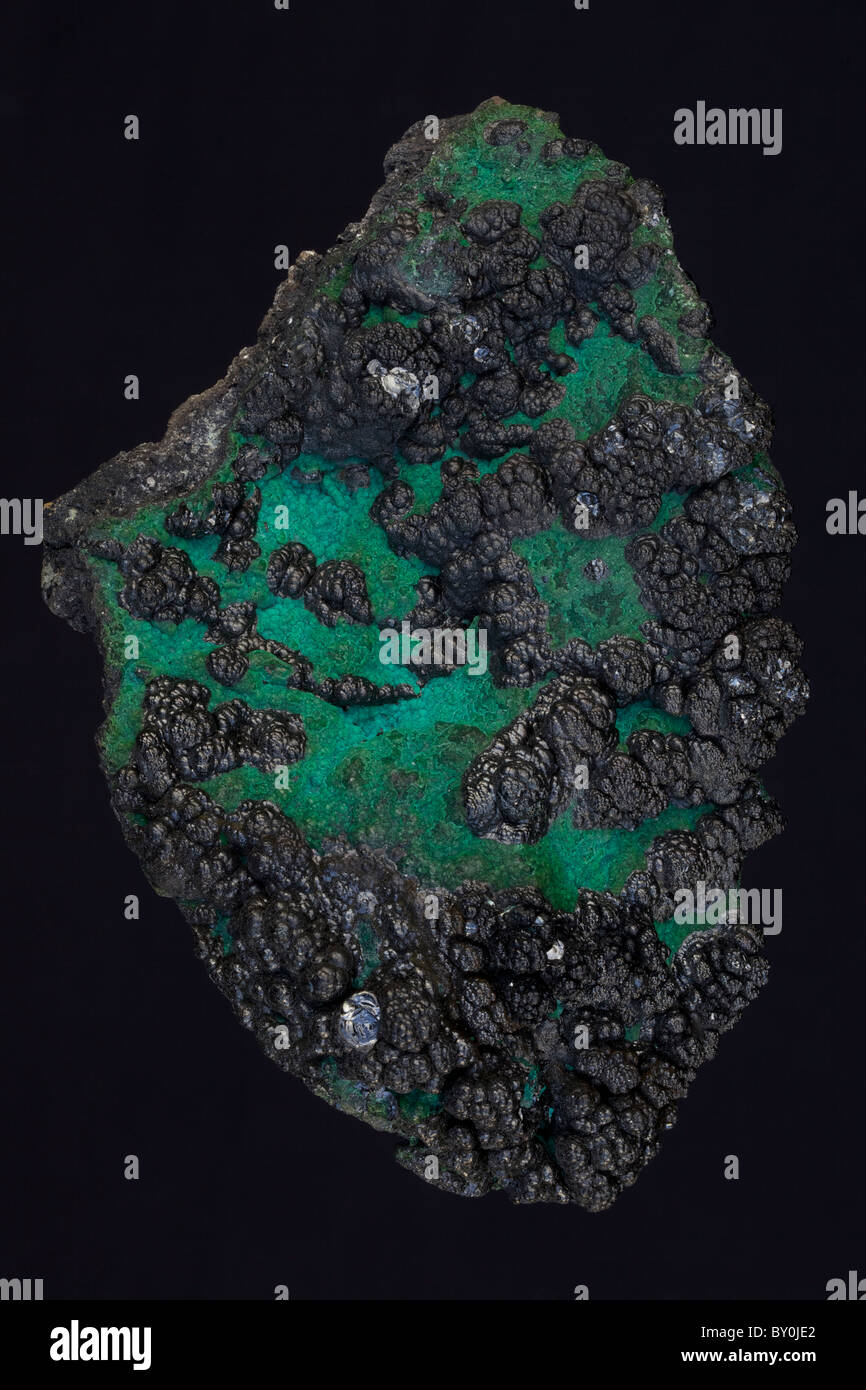

“They know they cannot rule it out, but contractually they protect themselves. “Contractually safeguarding is how companies continue operating one eye open and one eye closed,” says Baumann-Pauly.
Cobalt ore congo code#
Since then, the Swiss Criminal Code and Swiss Code of Obligations have been modified to introduce general reporting requirements on environmental, social and governance issues for companies with at least 500 employees and a minimum turnover of CHF40 million ($43 million). In 2020, Swiss voters struck down a popular constitutional initiative that would have made companies legally liable for wrongdoings abroad. Large-scale mining (LSM) uses mechanical extraction methods and is now the go-to approach of large international companies, such as Switzerland-based Glencore.Įurope has led the way in imposing mandatory due diligence requirements that are already law in Germany and France, among other European nations. ASM is carried out manually and provides a lifeline for local communities. Cobalt extraction can be artisanal or industrial. The world sources 70% of its cobalt, a by-product of copper or nickel, from this single country. Nine of the world’s largest cobalt mines are in the DRC. That trend is mirrored in Switzerland, where one in four new cars purchased in 2022 was either 100% electric or a plug-in hybrid model. Electric vehicle sales in the key regions of China, the United States and Europe are on the upswing. If you go to Kolwezi in the DRC, you see how many intersections there are between industrial mining and artisanal mining.”Ĭobalt is an essential raw material for batteries that power cell phones, computers and electric vehicles.

“Most companies contractually exclude sourcing cobalt from ASM sites, but this does not mean that it's not part of their supply chain.

“Artisanal small-scale mining (ASM) is a business reality,” Baumann-Pauly tells SWI swissinfo.ch. Nonetheless, about 10% of the world’s cobalt originates from small-scale mines in the DRC. But most companies are moving in the opposite direction: sourcing from industrial mines in a push to keep clean reputations and meet due diligence requirements. It’s an approach Swiss commodity trader Trafigura tested with some success. The director of the Geneva Center for Business and Human Rights says companies need to include artisanal miners, especially women, in their supply chain rather than exclude them. Back in Switzerland after an arduous trip to speak with artisanal miners in the African nation, Dorothée Baumann-Pauly is very clear on what needs to change. This often means sending men – and even children – in flipflops down precarious tunnels to reach the strategic metal considered vital for the world’s green energy transition. Small-scale mines in the Democratic Republic of Congo (DRC) are an integral part of cobalt extraction.


 0 kommentar(er)
0 kommentar(er)
